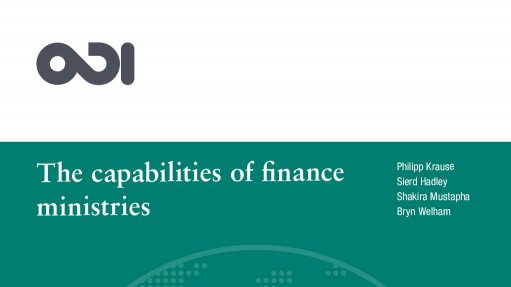
All countries have a finance ministry. If one organisational feature defines what makes a state a state, it is a central unit that handles income and expenditure – or aspires to. Finance ministries are also at the centre of many current policy discussions, whether on how to respond to the 2008 financial crisis, how best to fund global development goals, or how an emerging economy should go about establishing a welfare state. Virtually every policy decision that involves the raising and spending of public money involves a finance ministry at some stage. Yet despite their almost self-evident importance, very few studies focused on finance ministries as objects of study.
In this report we investigated the question of what makes a capable finance ministry using multiple in-depth case studies: Germany, United Kingdom, Mexico, South Africa, Uganda, Nepal, and Sierra Leone. Each case study covers institutional context, organisational features, and fiscal and social outcomes, as well as an analysis of capabilities. The report also draws on detailed country-level case research from Viet Nam and Chile.
Report by the Overseas Development Institute